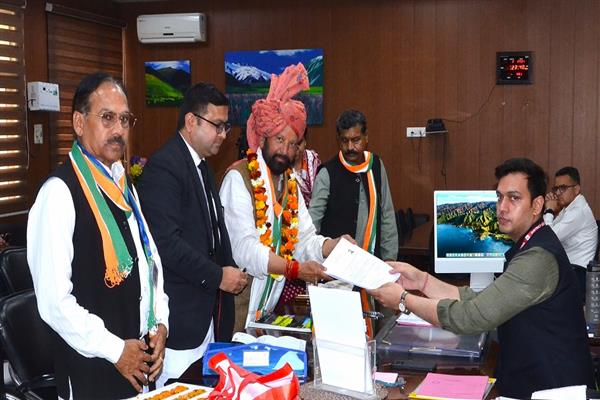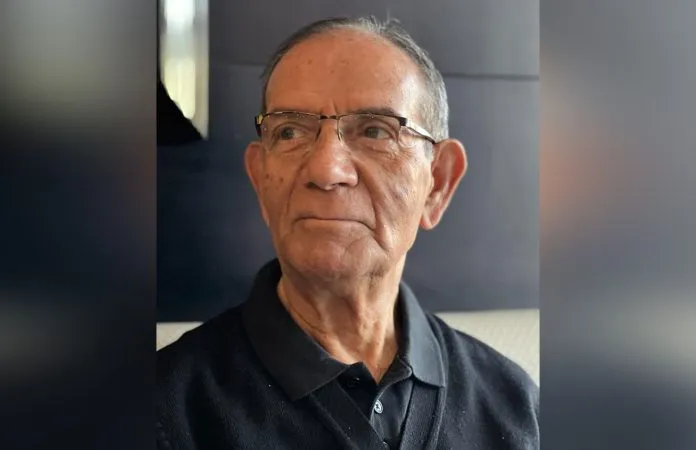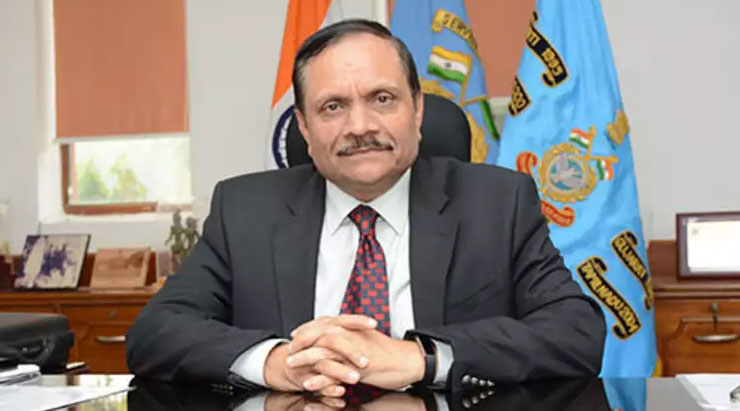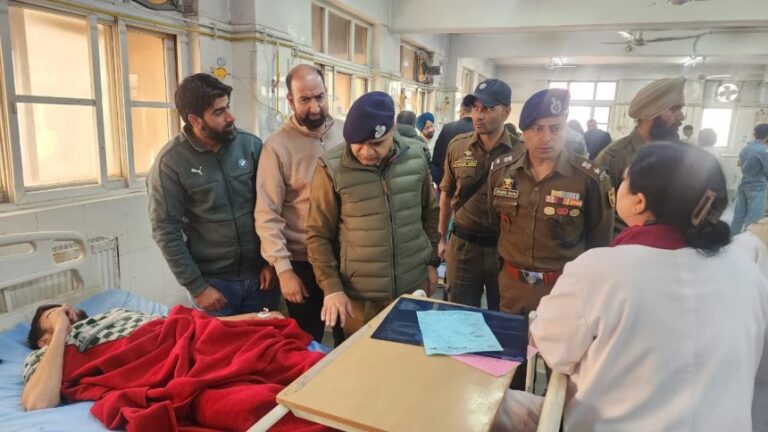Omar Abdullah said BJP ‘spreading lies’ about J&K Development
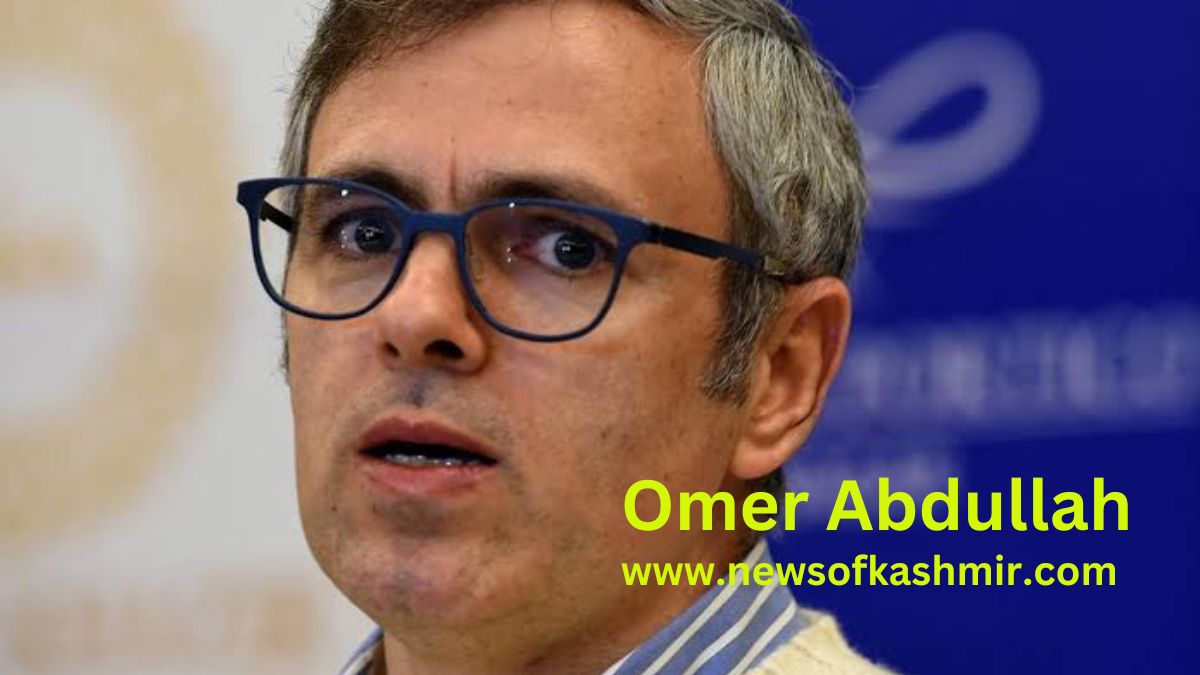
Former Jammu and Kashmir chief minister and National Conference vice president Omar Abdullah on Monday blamed the Bharatiya Janata Party for ‘spreading lies’ about J&K’s development, saying people of the UT have been deprived of everything, including electricity.
“Here we are facing worst electricity crisis. When we were ruling here, the situation was much better in J&K. The BJP only believes in spreading lies. If they say crores of funds are spent on development, then why don’t they spend money on purchase of electricity for the UT in the period of crisis,” Omar said while addressing a rally in south Kashmir’s Kulgam district.
The former CM said that BJP has betrayed people of the Union Territory. “We have been betrayed in the name of elections. They (BJP) fooled us in name of providing employment. We have also been fooled by the BJP in the name of development,” he said, adding that it was unfortunate that people were facing power cuts for more than 10 to 12 hours.
On holding of polls in J&K, Abdullah said that when Supreme Court announces its decision on Article 370, they will also announce its decision on the elections in UT.
Abdullah also criticised the granting of bail to an army captain convicted by a general court-martial for his role in the 2020 Amshipora fake encounter case.
“Vivanta Dal View Unveils a Stylish Haven in the Heart of the Kashmir Valley”
To know more about Omar Abdullah please click hERE
Who is Omar Abdullah ?
Omar Abdullah is a prominent Indian politician who hails from the state of Jammu and Kashmir. As of my last knowledge update in January 2022, Omar Abdullah has played significant roles in regional and national politics. Here is an overview of his background and political career:
Background:
Omar Abdullah was born on March 10, 1970, into the prominent political Abdullah family of Jammu and Kashmir. He is the son of Farooq Abdullah, a former Chief Minister of Jammu and Kashmir, and the grandson of Sheikh Abdullah, a key political figure in the region.
Political Career:
Omar Abdullah entered politics at a relatively young age. In 1998, he was elected to the 12th Lok Sabha, representing the Srinagar constituency. He served as a Union Minister of State for External Affairs in the Atal Bihari Vajpayee government from 2001 to 2002.
Omar Abdullah became the Chief Minister of Jammu and Kashmir, assuming office on January 5, 2009. His tenure as Chief Minister continued until March 2015. During his term, he faced various challenges, including dealing with civil unrest in 2010, marked by protests and demonstrations.
In the state assembly elections held in 2014, Omar Abdullah’s party, the Jammu & Kashmir National Conference (NC), faced a setback, and he resigned as Chief Minister. The People’s Democratic Party (PDP) formed a coalition government with the Bharatiya Janata Party (BJP), and Mufti Mohammad Sayeed became the Chief Minister.
Omar Abdullah has been an active voice on issues related to Jammu and Kashmir and has expressed his views on various national and international platforms. He is known for his articulate communication style and has been a prominent face representing the interests of the people of Jammu and Kashmir.
What is BJP?
The Bharatiya Janata Party (BJP) is one of the major political parties in India. Founded on April 6, 1980, the BJP has grown to become the largest political party in terms of representation in the Lok Sabha, the lower house of India’s Parliament. As of my last knowledge update in January 2022, here is an overview of the Bharatiya Janata Party:
1. Ideology:
- The BJP is often associated with the ideology of Hindutva, which seeks to promote the cultural, social, and political dominance of Hinduism. However, the party maintains that it is committed to the principles of secularism and the protection of the rights of all religious communities.
2. Formation and Growth:
- The BJP was formed through the merger of several political parties, primarily the Bharatiya Jana Sangh, the political wing of the Rashtriya Swayamsevak Sangh (RSS), and various other smaller parties.
3. Leadership:
- Prominent leaders associated with the BJP include Atal Bihari Vajpayee, L.K. Advani, and Narendra Modi. Narendra Modi has played a particularly significant role in the party’s recent electoral successes.
4. Electoral Success:
- The BJP has been successful in several state and national elections. It achieved a historic victory in the 2014 general elections, securing a majority on its own in the Lok Sabha. The party performed well in subsequent elections, including the 2019 general elections.
5. Nationalism and Development:
- The party often emphasizes issues of nationalism, development, and economic reforms in its electoral campaigns. Under the leadership of Narendra Modi, the BJP has focused on initiatives such as “Make in India,” “Swachh Bharat Abhiyan,” and “Digital India.”
6. Policy Positions:
- The BJP advocates for policies related to economic liberalization, national security, and social conservatism. It supports the idea of a strong and self-reliant India.
7. Coalition Politics:
- In various states and at the national level, the BJP has engaged in coalition politics. It has formed alliances with other parties to secure power, and it has been a key member of the National Democratic Alliance (NDA).
8. Controversies:
- The BJP has faced criticism and controversies related to issues such as religious polarization, communal tensions, and concerns about freedom of expression. These issues have been the subject of public debate and discussion.
Omar Abdullah Returns as Chief Minister of Jammu and Kashmir
Omar Abdullah has been sworn in as the Chief Minister of Jammu and Kashmir, marking a significant political development in the Union Territory. His return to power comes after the National Conference (NC) and Congress alliance secured a majority in the Assembly elections held earlier this year. Together, they hold over 50 seats in the 95-member Assembly, making Omar Abdullah the first Chief Minister since the region’s reorganisation into a Union Territory in 2019.
Challenges and Vision
Omar Abdullah begins his second tenure as Chief Minister with pressing issues to address. The restoration of Jammu and Kashmir’s statehood is a central demand from both his party and the people, though achieving this requires constructive engagement with the central government. Abdullah has promised a “people-first” approach, focusing on reducing the disconnect between citizens and governance, which many feel has grown in recent years.
The new administration has highlighted unemployment, infrastructure development, and restoring democratic trust as its immediate priorities. Abdullah has emphasised the need for close collaboration with all stakeholders, including the Lieutenant Governor and central authorities, to ensure effective governance.
A Fresh Chapter
This tenure marks Abdullah’s second term as Chief Minister; he previously held the position from 2009 to 2014 when Jammu and Kashmir was a state. His leadership is expected to combine experience with a renewed commitment to addressing the aspirations of the region. Abdullah’s initial actions in office reflect his focus on efficient administration and fostering trust in the government’s ability to deliver.
The swearing-in ceremony, attended by leaders from across the political spectrum, including the Congress and other INDIA bloc members, signals a moment of restored democratic governance in the region. As Abdullah takes charge, he faces the dual challenge of fulfilling electoral promises while navigating the constraints of the Union Territory framework.
His return marks a new chapter in Jammu and Kashmir’s political landscape, with hopes of progress and reconciliation under his leadership.
You Might Also Like:
Mehbooba Mufti Highlights Threats to Minority Rights on Constitution Day
Four Players from Jammu and Kashmir Shine in IPL 2025 Auction Held in Saudi Arabia
